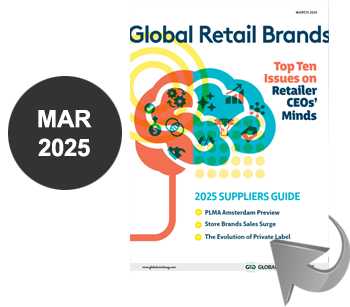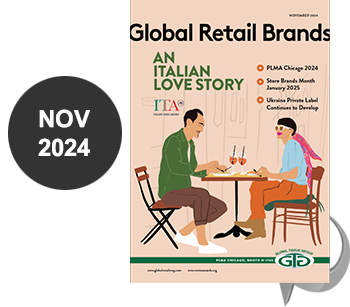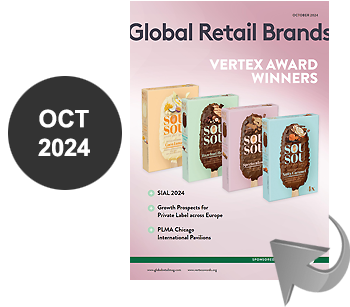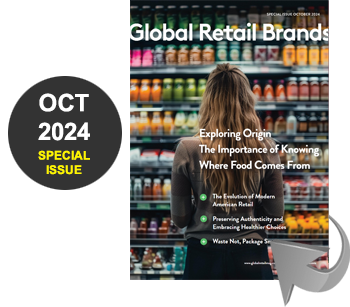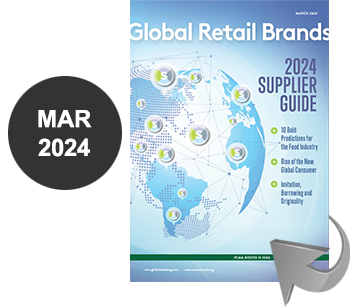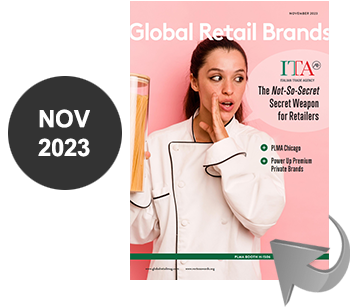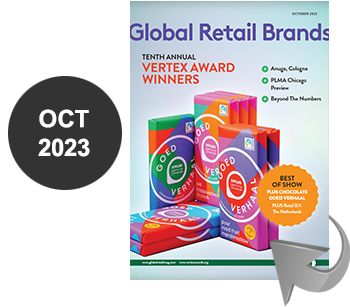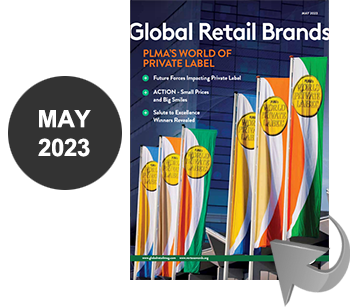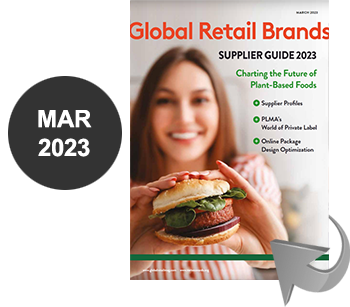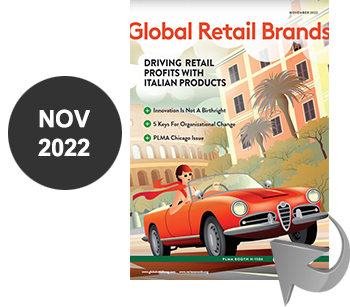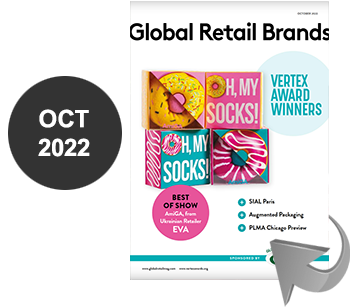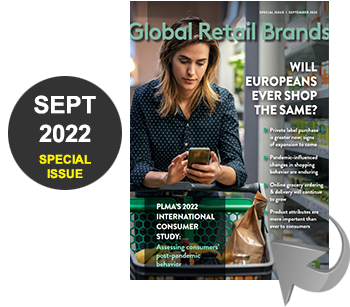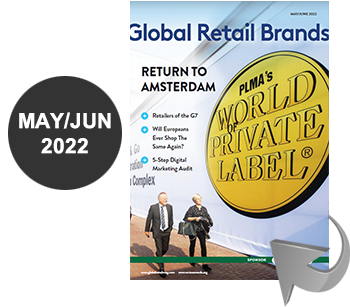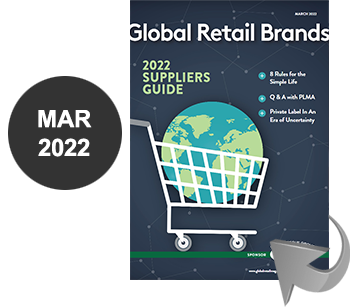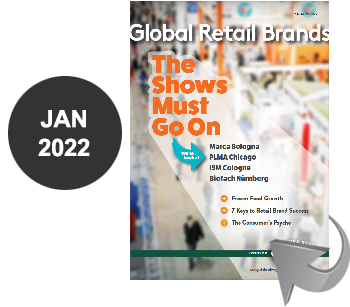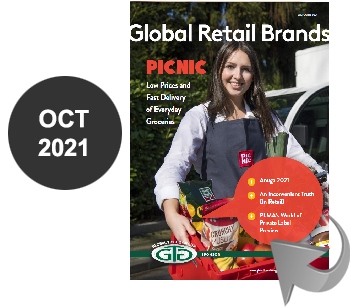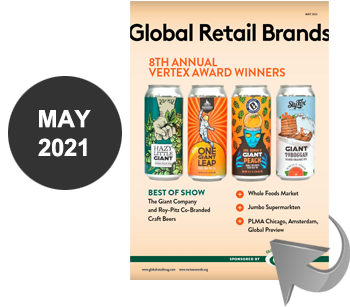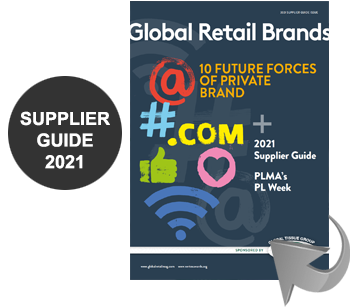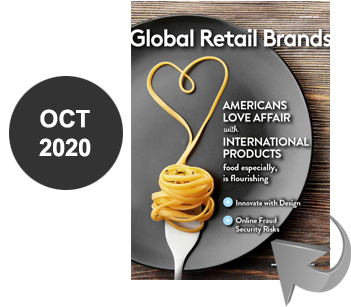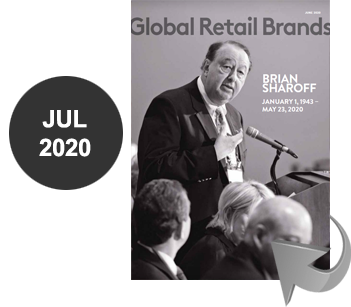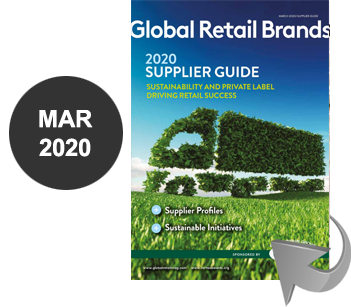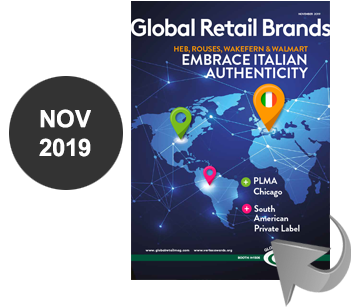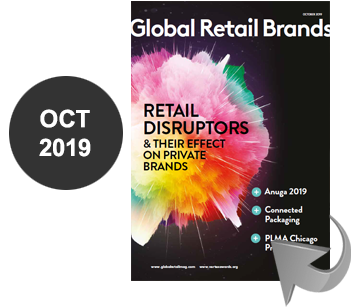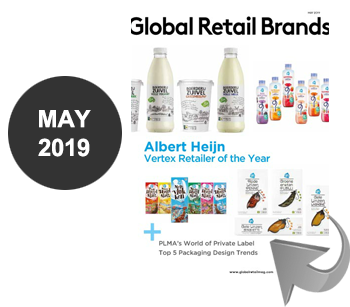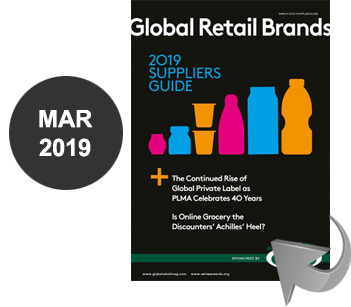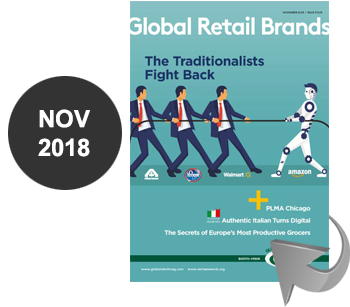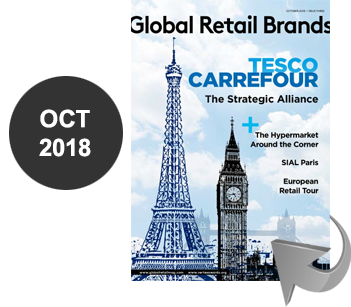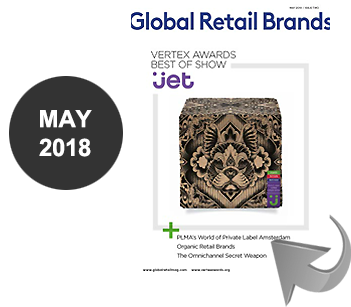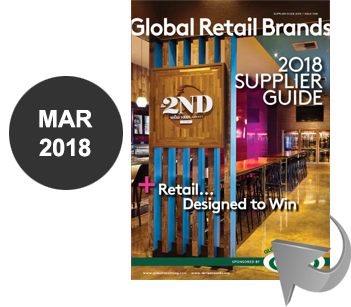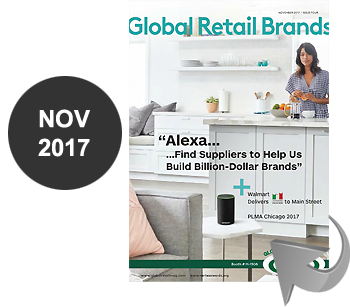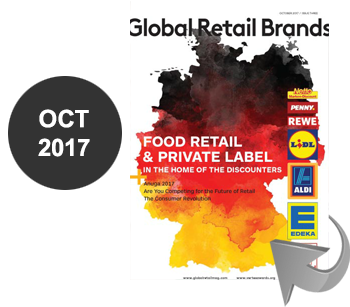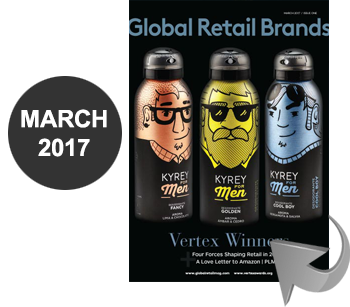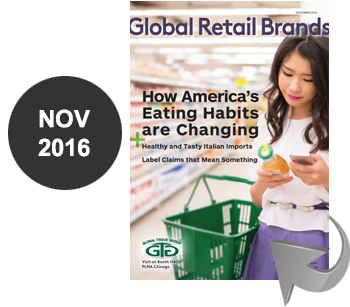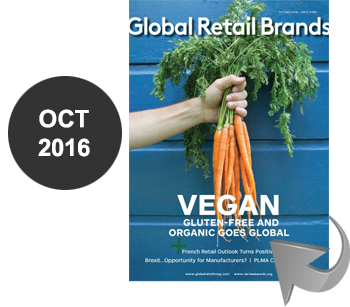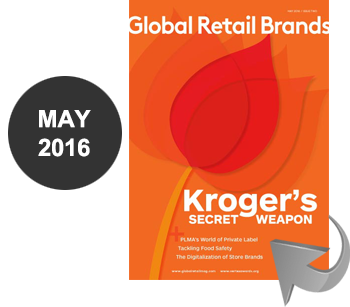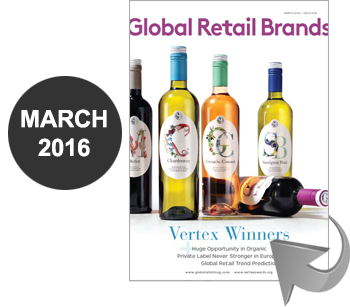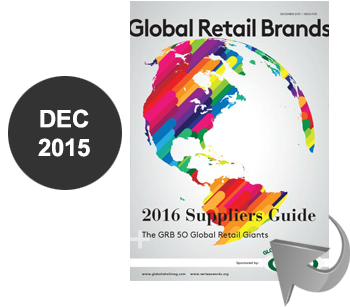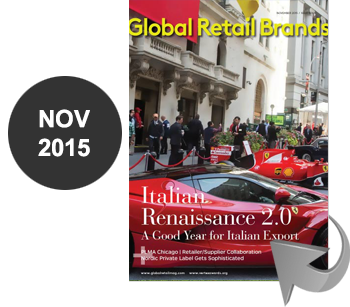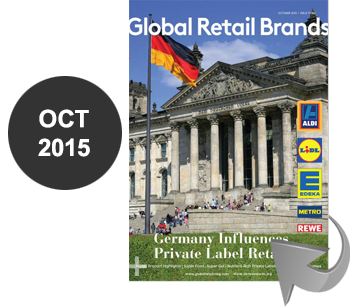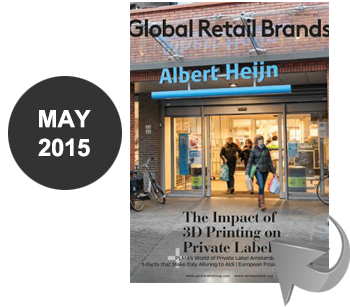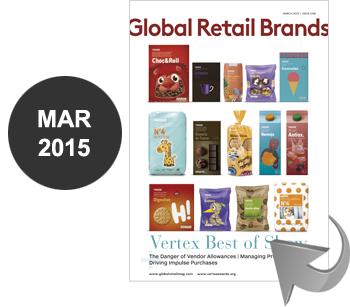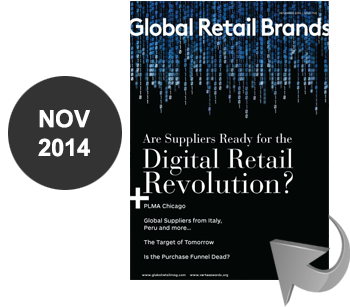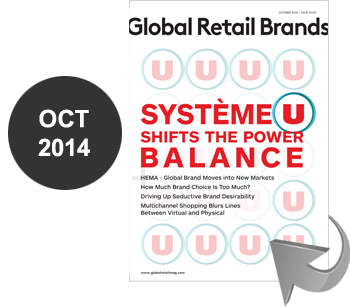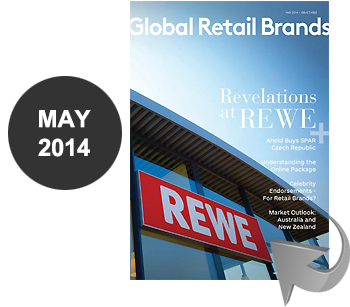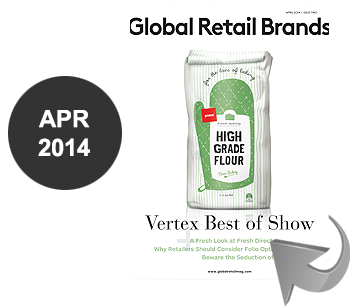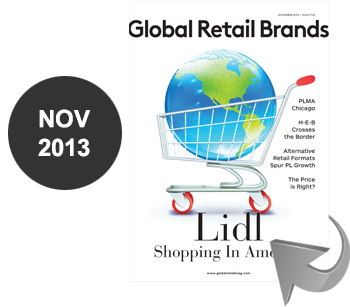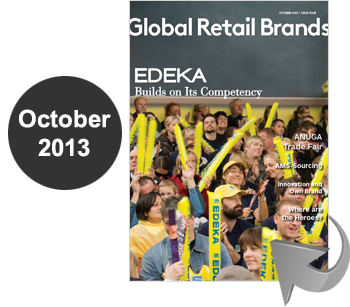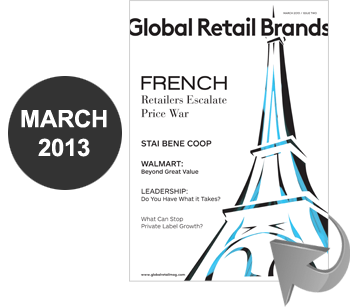 By / Koen de Jong, Managing Director at International Private Label Consul t (IPLC)
By / Koen de Jong, Managing Director at International Private Label Consul t (IPLC)
Many private label manufacturers are often too much internally focussed. With a strategic focus on producing retailer brands they have limited outside options as they face only a few buyers. Operating in an extremely demanding environment a pre-requisite to survive is a continuous effort to reduce costs in the company. The outcome may become a threat if it results in a reactive, somewhat inward looking organization however. To my experience it is in the nature of a private label manufacturer to reluctantly share best practices with the outside world and in such a case a commercial due diligence by an outside party could add tremendous value. To be benchmarked against other operators in the category will most likely generate valuable and actionable insights.
Last week we finalized such an analysis for a private label manufacturer in the frozen food category in Austria. The company acknowledged to have potential to improve its performance and was keen to learn from best practices in the industry. Therefore, help from the outside was called in. Based on an analysis and diagnoses a comparison was made with best in class private label manufacturers. Subsequently, recommendations were formulated to make steps towards operational excellence. No rocket science, just sharing insight from a deep understanding of the private label industry, followed-up by workshops and training.
The business model of a private label manufacturer is quite different from a brand manufacturer. Next to low cost manufacturing and managing complexity in production the company should be capable to compete on other elements than price only. For example by gathering intelligence allowing the sales manager to share unique information with the category manager and to ‘tell him what he does not know’ for example. Or the ability of the manufacturer to network at various levels and departments within the retailer. Customer intimacy will enable the manufacturer to pick-up signals at retailer-end at an early stage. These could help to identify opportunities or threats at an early stage and to take adequate action to respond. These are just a few examples from the obvious but we are regularly surprised by the lack of understanding of the basics.
The private label industry consolidates rapidly at both ends. Larger and more professional retailers seek to partner with best in class private label manufacturers. These will be the companies with an outward orientation and proactive attitude, continuously striving to improve their performance. Companies supporting retailers to drive category growth and profitability with private label innovations will likely be a step ahead of the competition.
Growing as a manufacturer in a private label market with overcapacity in virtually every category definitely is a challenge. But it does not help to remain inward looking and to reinvent the wheel when you can learn effectively from others. Famous Dutch former football player Johan Cruijff, known for his sometimes matchless expressions would say: ‘you only get it when you see it’.
Koen de Jong, Managing Director at International Private Label Consult (IPLC) web: www.iplc.nl.




